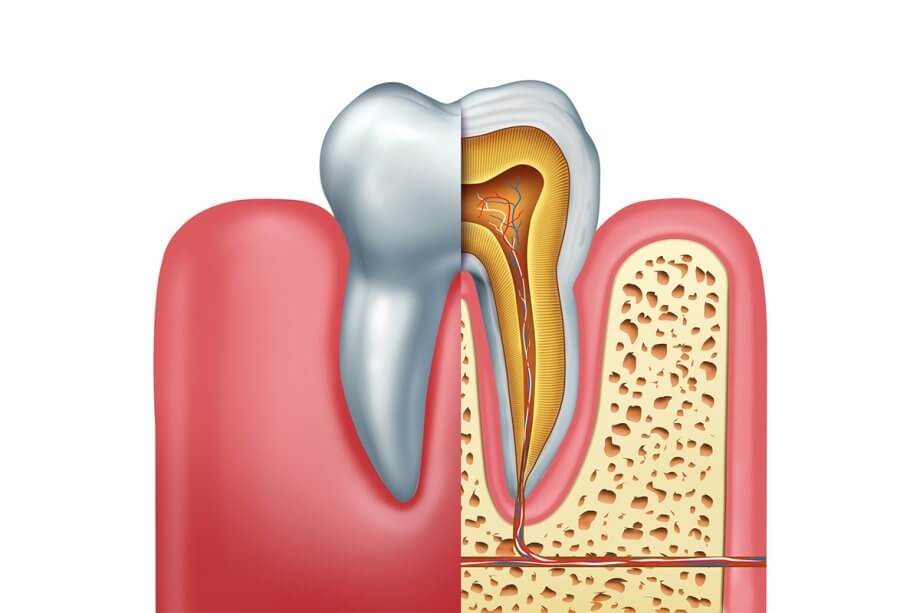If you are experiencing dental pain, sensitivity, swelling, or difficulty chewing or putting pressure on a tooth, among other symptoms, you may need a root canal.
In this blog, we will share the symptoms that could indicate you need a root canal and explain the procedure's benefits.
Symptoms That Indicate Your Tooth May Need a Root Canal
Significant Toothache
A toothache that indicates that you need a root canal may be severe and persistent. It may keep you from eating, sleeping, and relaxing.
Pain When Chewing or Exerting Pressure on the Tooth
The most common symptom is a pain when you chew or put pressure on the tooth.
Swelling or Pus Along the Gumline
Infection may cause the gum to swell and pus to appear.
Sensitivity to Heat and Cold
You may experience major discomfort when having hot or cold foods and beverages.
Facial Swelling
Your cheek, gum, or jaw may experience swelling.
Broken or Cracked Tooth
If you experience dental trauma like a broken or cracked tooth, you will most likely need a root canal.
Tooth Discoloration
Teeth that need root canals sometimes become discolored from within.
No Discernible Symptoms
Sometimes, teeth that need root canals will show no outward symptoms. The dentist may see problems in an X-ray or other imaging test that show your tooth requires a root canal.
The Root Canal Procedure
Today's root canals are straightforward and well-tolerated. Most patients who get root canals are in pain, and the procedure quickly relieves this sensation. Most patients believe root canals are no more uncomfortable than getting a filling, though the procedure is longer.
The dentist begins a root canal by numbing your tooth. They open the tooth's crown to remove the diseased pulp and sanitize the interior. The dentist uses a graduated series of files to clean and reshape the inside of the root canals. The dentist will create a post for a crown if needed, then use a special material to seal the tooth against saliva and other contaminants.
The dentist provides a temporary filling or crown to cover the area until the permanent crown arrives from the lab. When you receive the permanent crown, your tooth will feel and look completely natural.
Benefits of a Root Canal
- Pain Relief: This is the most significant benefit. When you get a root canal, you will most likely feel an immediate difference. You may have some sensitivity or mild discomfort for a few days after the appointment, but after that, your tooth will feel fine.
- Preserves Your Natural Tooth: Getting a root canal can preserve your natural tooth from extraction, especially if you have broken or cracked it.
- Restores Chewing Function: When you get a root canal, you won't have to chew around the sore tooth. Your new crown will protect the tooth and help it feel completely natural.
- Treats Infection: If you do not get a root canal in time, you may experience an abscess that could damage your adjacent teeth or cause systemic infection and illness.
Call Aurora Dental
If you have any of these root canal symptoms, you may benefit from this procedure. Call Aurora Dental at 330-562-3400 to schedule an appointment today.

